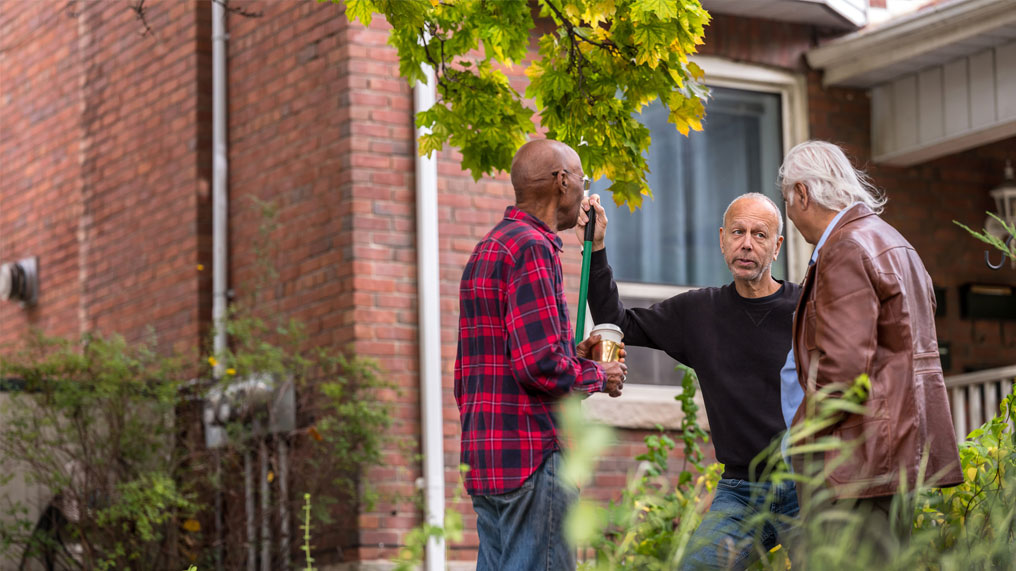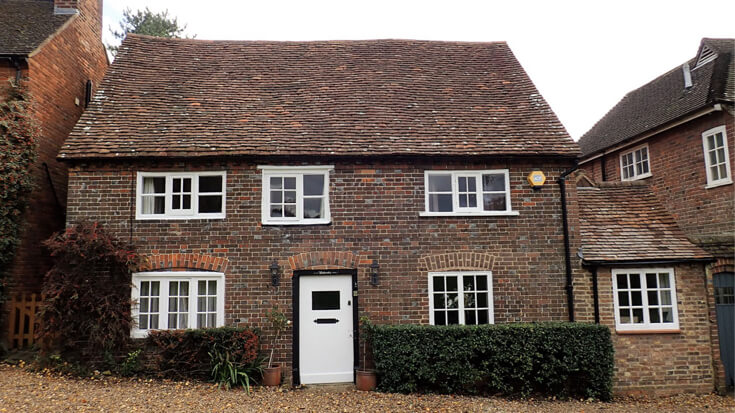If you have a spare room sitting empty, why not put it to work and bring in some extra cash by taking in a lodger?
Perhaps your kids have left home, or you’ve cleared out the clutter that used to be stored there – whatever the reason your spare room is free, there’s little point in it not being used.
Here’s what you need to know if you’re planning on taking in a lodger:
1. Advertise your room
You’ll need to promote your room to potential tenants. Work noticeboards are a good place to start, or just spread the word among friends.
There are also plenty of websites where you can advertise your room to lodgers, including MondaytoFriday.com and spareroom.co.uk
Remember that you’ll need to decide how much monthly rent you want before advertising your room, and make it clear which bills are and aren’t included in this figure.
2. Vet your tenants
You don’t need to subject potential lodgers to an interrogation before letting them rent your room, but it’s a good idea to perform a few background checks.
Ask for a written reference from a previous landlord or their employer if they haven’t rented previously.

3. Write an inventory
If you’re letting the room furnished, write an inventory of everything that’s in the room, and any existing damage, such as marks on walls, loose cupboard handles and so on.
This should be signed by you and your lodger at the start. That way if there are any quibbles over a broken lamp or anything else, you’ll be able to show the inventory as evidence that it wasn’t damaged before your lodger moved in.
4. Decide how long to let your room for
You’ll need to establish how long you want to let your room out for from the outset.
You and your lodger might want to agree a fixed term in advance, say six months, or you may decide to review things on a monthly basis.
You’ll also need to consider how much notice must be given if either one of you wants the arrangement to end.
5. Set some ground rules
Make it clear from the outset what you expect from your tenant. If you don’t want them coming in at 3am every Saturday morning, or playing loud music in their room, you should let them know your preferences.
It’s a good idea to put down in writing what your expectations are right from the start, but expect to have to compromise a little too.
6. Know what facilities you have to provide
Don’t forget that as well as having access to your spare room, your lodger will also need to use a bathroom, and by law, they also need access to a kitchen.
You may want to reserve a cupboard for them to keep food or kitchen utensils, or you may prefer that they share yours. Have a think about what works best for you and your family.
It’s up to you whether you’re happy for them to use your sitting room or any other rooms in your home.
7. Tell your mortgage lender
If you’ve got a mortgage on your home, you’ll need to let your mortgage lender know that you’re planning on letting out a room.
This is unlikely to cause problems, but if you don’t notify them you could end up in breach of your mortgage terms.
If you're a leaseholder, you should check with the freeholder whether it's okay for you take in a lodger. This information should be shown on your lease agreement.
8. Inform your insurer too
You should also let your home insurer know that you’re taking in a lodger, as this could affect your cover.
Check the policy exclusions in your policy wording to see where you stand. If you don’t tell your insurer, you risk invalidating your policy.

9. Request a deposit
It’s usual to ask for a deposit upfront when you let out a room. This will provide you with security in the event your lodger suddenly decides to leave owing you money, or if they damage any of your possessions.
It’s up to you to decide how big a deposit you want, but most people ask for a month’s rent.
10. Check council tax
If you live on your own, you're entitled to 25% off your council tax bill. If you take in a lodger, you will lose this discount and will need to let your council know.
There are other discounts and exemptions, so check with your local council. You can find your council's contact details on gov.uk




